Banks collect Rs 3,000 crore as fine for no minimum balance
Thu 04 Oct 2018, 17:07:59
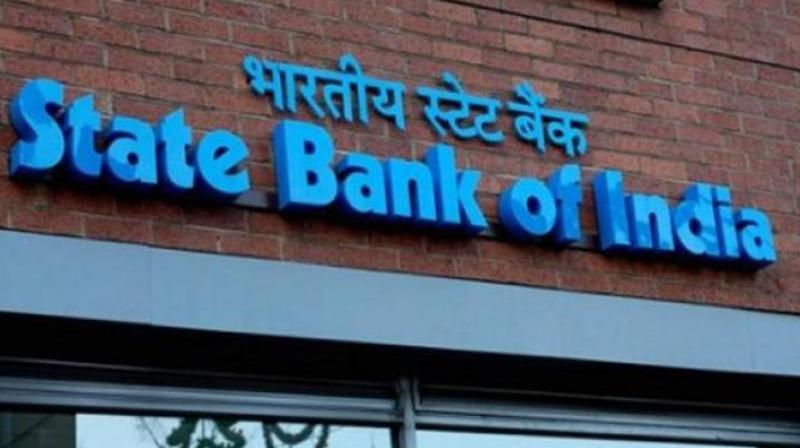
Banks continue to harvest a windfall at the cost of those who don't have resources to maintain prescribed minimum balance in their accounts.
As high profile borrowers dumped almost Rs 10 lakh crore worth non performing assets (NPAs) in 2017-18, public sector banks (PSBs) collected Rs 3,551 crore as charges from saving bank account holders for failure to maintain the required minimum balance.
These charges are collected primarily to recover a part of the cost incurred on servicing the accounts.
An official in the Ministry of Finance said that in last four years (2014-15 to 2017-18), 21 PSBs and three private sector banks (ICICI Bank, Axis Bank and HDFC Bank ) collected over Rs 11,500 crore from customers who did not maintain a minimum balance in their savings accounts.
The largest lender in India, State Bank of India (SBI), alone collected almost Rs 2,500 crore in 2017-18. Among the private players, HDFC Bank charged customers nearly Rs 600 crore for not maintaining minimum balance.
Now, the banks want to end a negative perception which has been building since the practice of penalties was launched
after the Reserve Bank of India (RBI) issued a circular on July 1, 2015 that empowered banks to fix services charges on various services rendered by them.
after the Reserve Bank of India (RBI) issued a circular on July 1, 2015 that empowered banks to fix services charges on various services rendered by them.
Since then, banks have been charging different penalties for the same default. SBI savings account holder who failed to maintain minimum balance is charged between Rs 5 and Rs 15 (plus GST) for various levels of shortfall. SBI customers are compulsorily required to maintain an average monthly balance of Rs 3,000 in metro cities while in semi urban cities the minimum level is Rs 2,000 and Rs 1,000 in rural areas.
The customers of private banks like HDFC Bank are required to maintain an average monthly balance of Rs 10,000 in urban cities, Rs 5,000 in semi-urban cities and Rs 2500 in rural areas.
The banks have now changed gears. With interest rates on saving deposits dipping and instruments like mutual funds out performing, the percentage growth in bank deposits has reduced. As a result, cash availability with banks has been declining. The heads of government banks had recently met in Delhi to set targets to raise the liquidity available with banks by attracting more people to make bank deposits.
No Comments For This Post, Be first to write a Comment.
Most viewed from National
Most viewed from World
AIMIM News
Delhi Assembly polls: Owaisi leads Padyatra in Okhla
Feb 01, 2025
We reject this Waqf Amendment Bill: Asaduddin Owaisi
Jan 30, 2025
Latest Urdu News
Most Viewed
May 26, 2020
Which team will win the ICC Men's Champions Trophy 2025 held in Pakistan/Dubai?
Latest Videos View All
Like Us
Home
About Us
Advertise With Us
All Polls
Epaper Archives
Privacy Policy
Contact Us
Download Etemaad App
© 2025 Etemaad Daily News, All Rights Reserved.

.jpg)
.jpg)
.jpg)
.jpg)
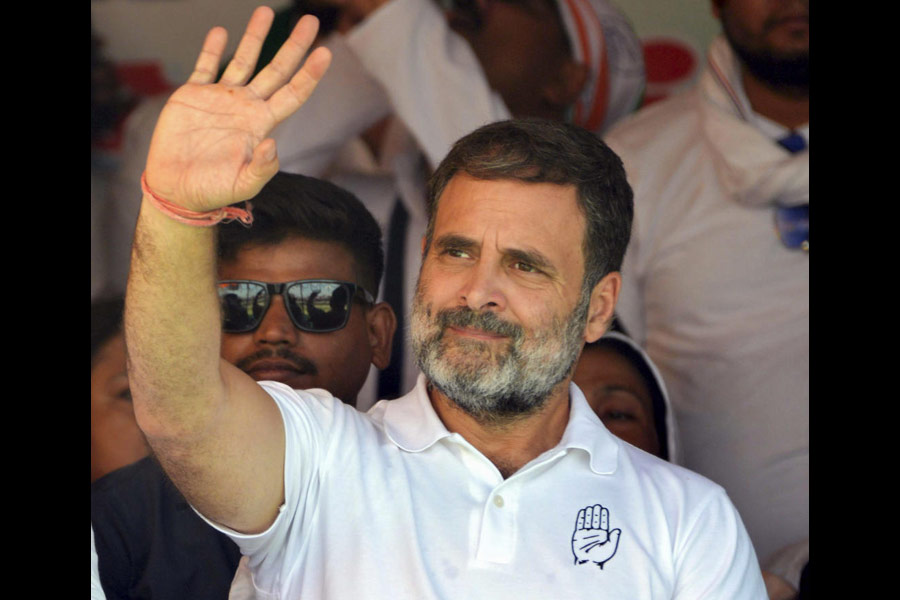
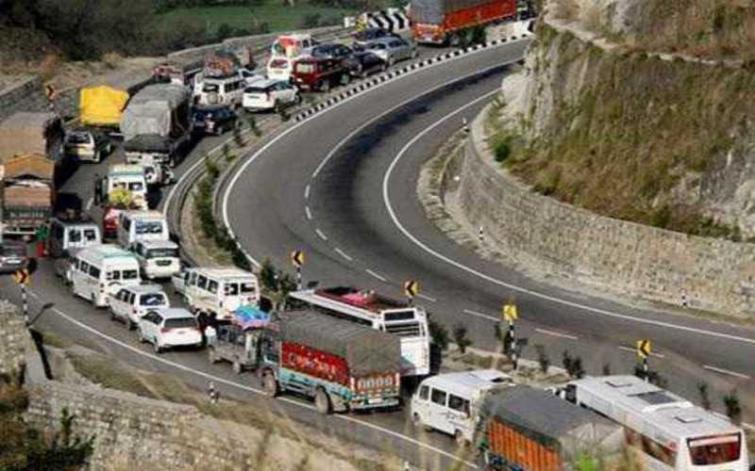

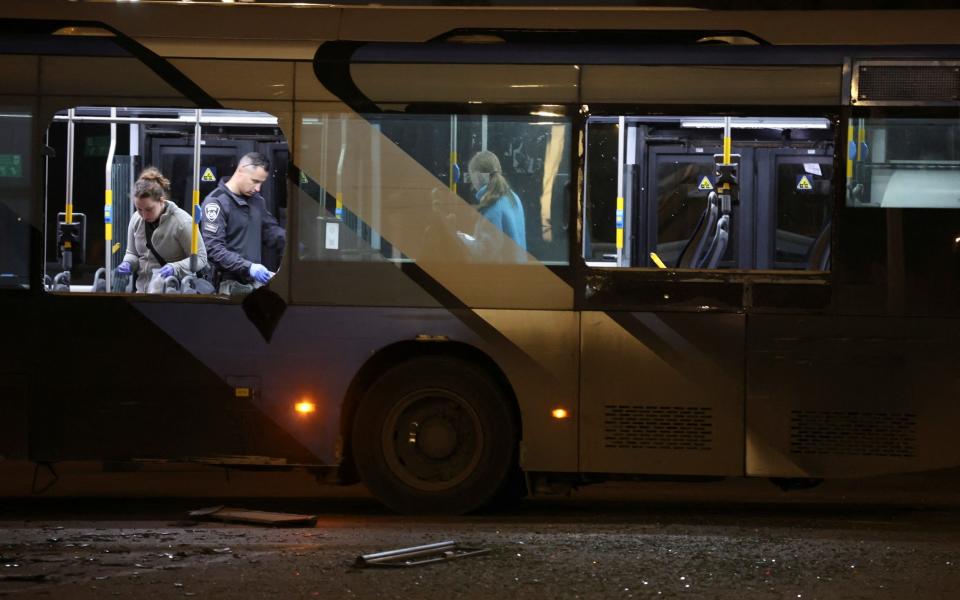
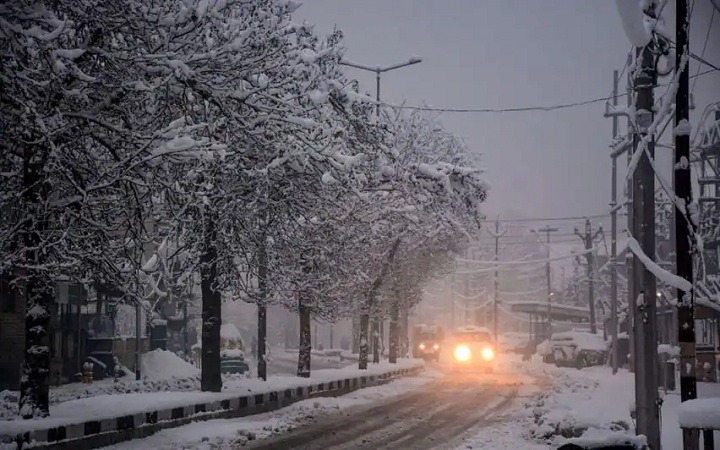

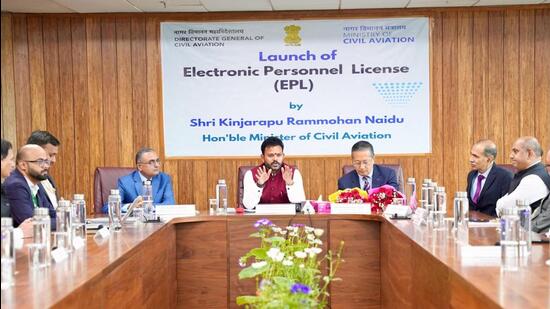
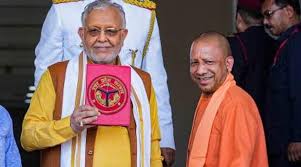
.jpg)
.jpg)
.jpg)
.jpg)
.jpg)
.jpg)
.jpg)
.jpg)
.jpg)
.jpg)



















